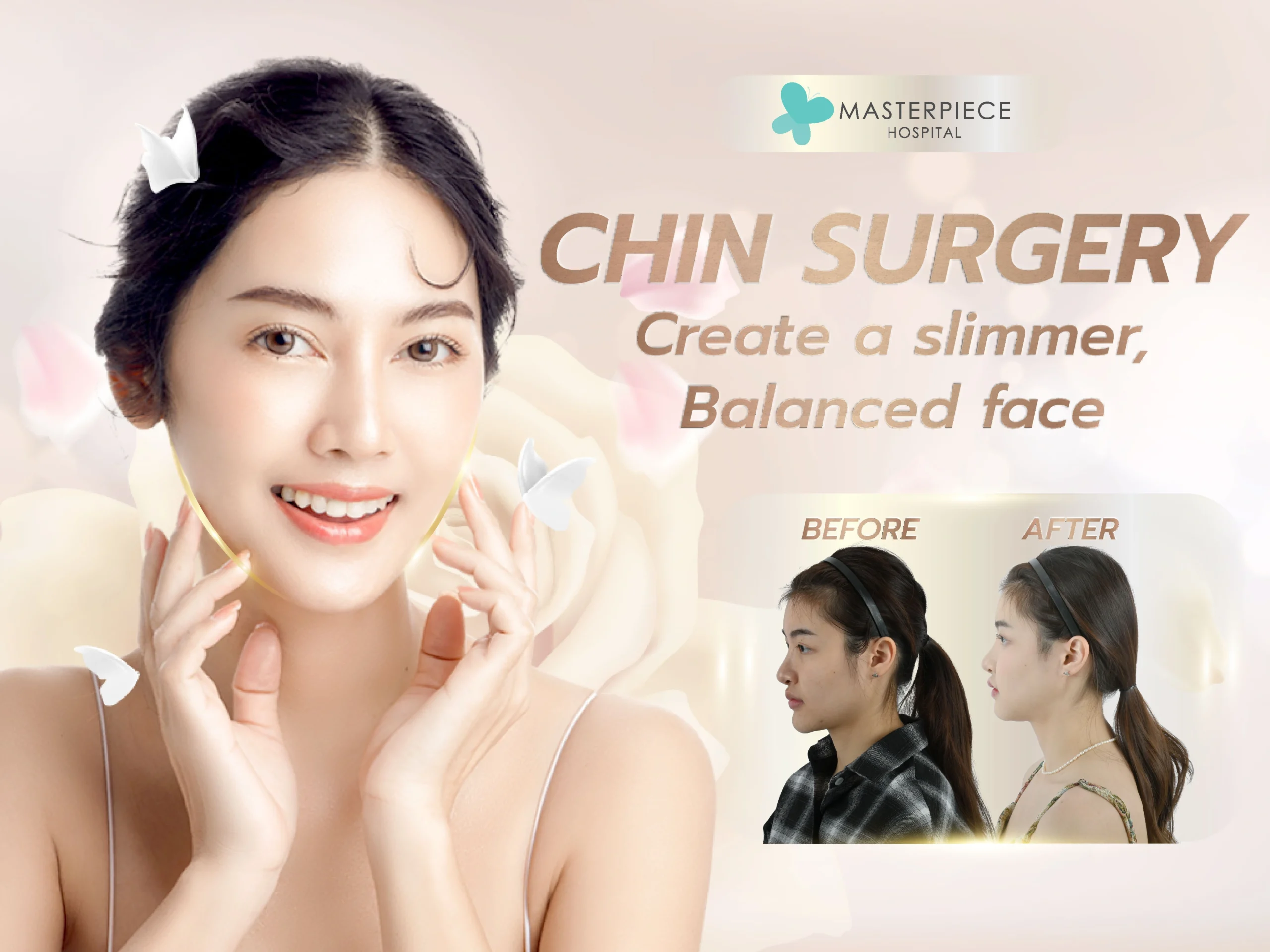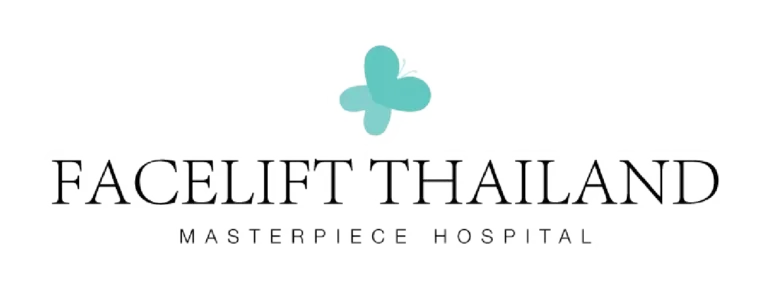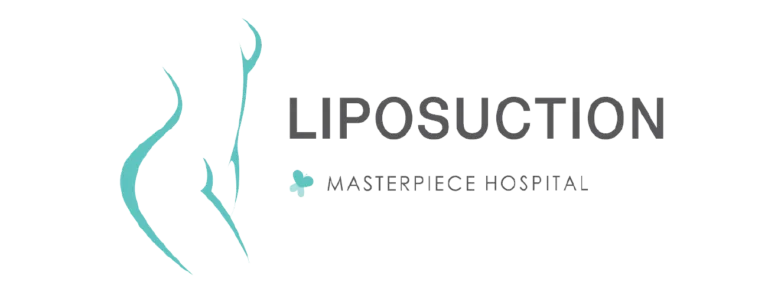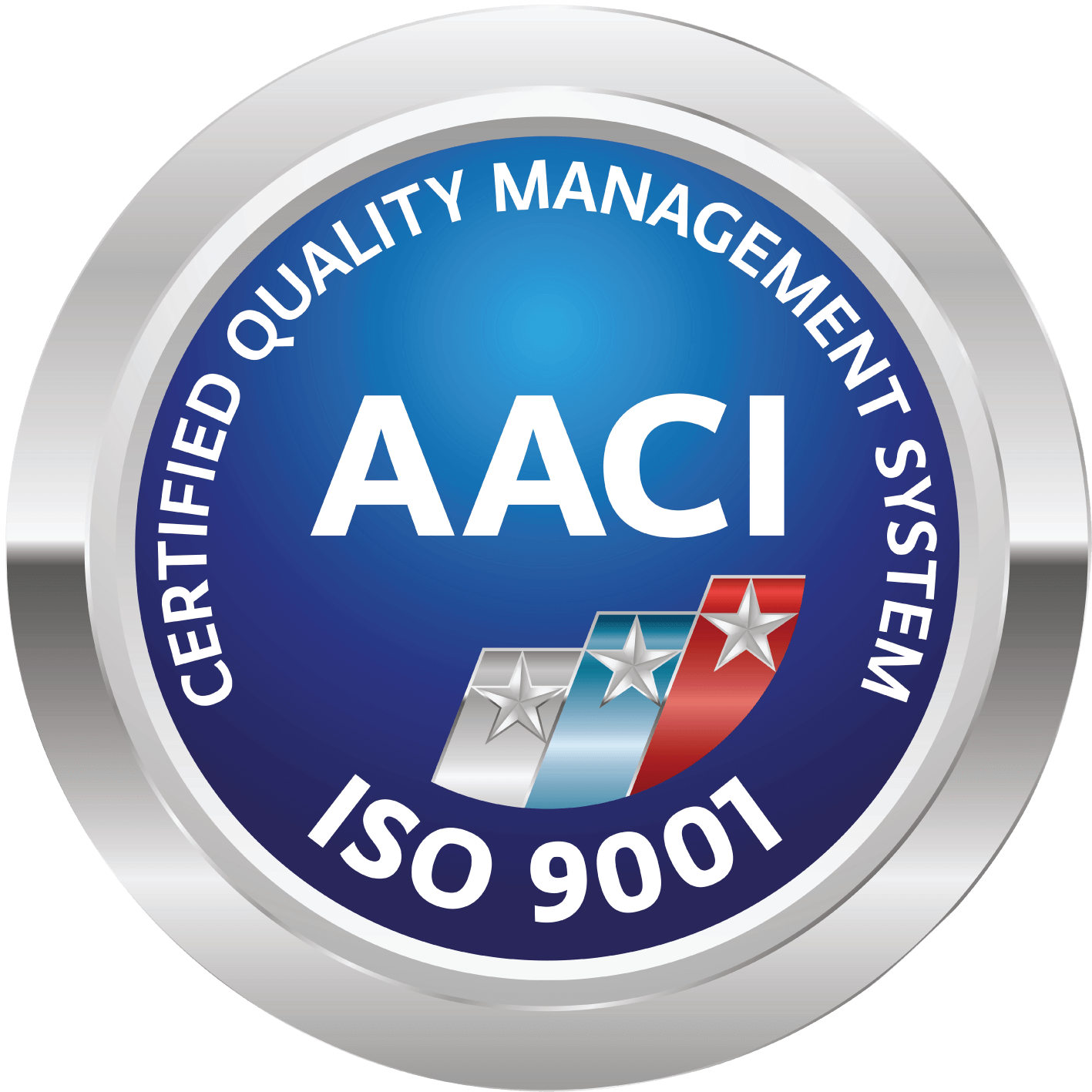Chin Surgery: Create a Slimmer, Well-Balanced Facial Profile
Chin surgery is a highly popular procedure today, as it can reshape the facial structure to appear slimmer and more balanced. It is suitable for women, men, and LGBTQ individuals who have issues such as a recessed chin, short chin, or square chin. The procedure helps enhance the facial profile to suit each individual and also improves overall appearance and confidence.
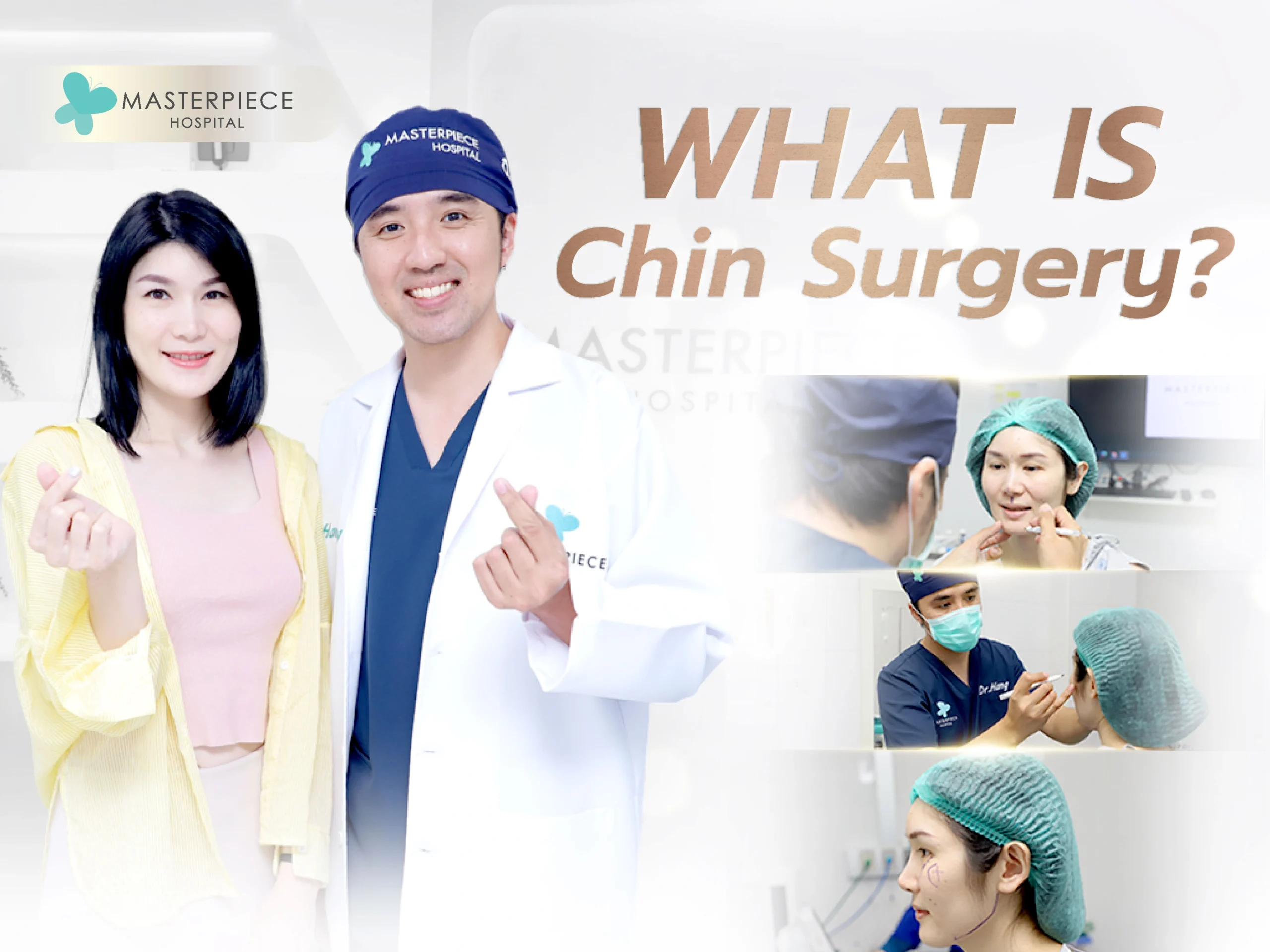
What is Chin Surgery?
Chin surgery (Chin augmentation) is a procedure that adjusts the size and shape of the chin to achieve better proportions and angles according to the patient’s preferences. This is done using silicone implants or the patient’s bone to create a slimmer and more symmetrical appearance. The results can be permanent. It is strongly recommended to consult with an experienced surgeon before undergoing the procedure.
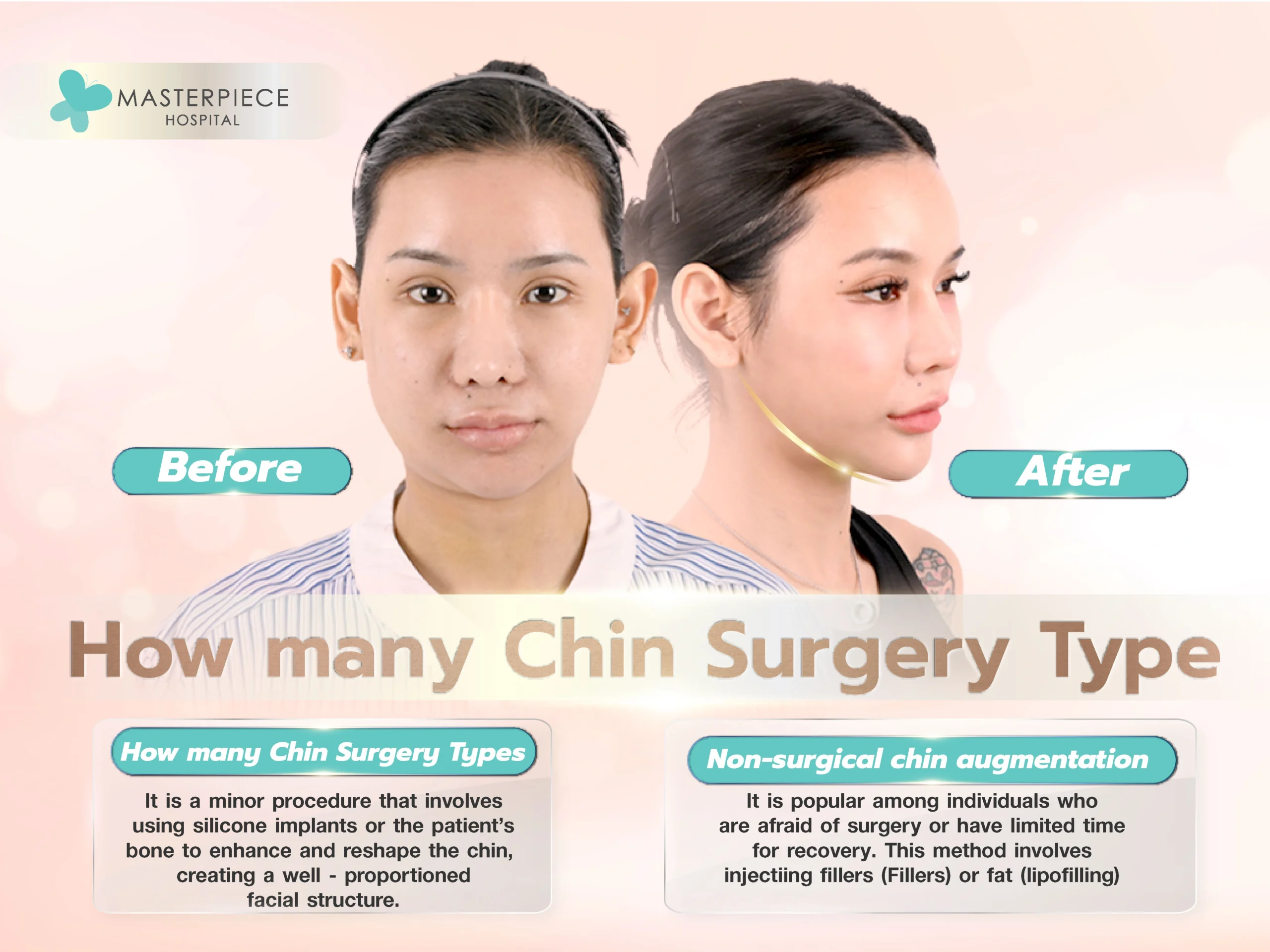
How many types of Chin Surgery are there?
There are two main types of chin surgery that most people are interested in: surgical chin augmentation and non-surgical chin enhancement. Each method has its differences, as outlined below.
Surgical Chin Augmentation
Chin surgery is a minor procedure that involves using silicone implants or the patient’s bone to enhance and reshape the chin, creating a well-proportioned facial structure. It is recommended to consult with an experienced surgeon before making a decision, as they can thoroughly assess the condition and create a personalized treatment plan. This may include customizing the silicone implant, accurately positioning it, and ensuring long-lasting, and natural results.
Non-surgical chin augmentation
Non-surgical chin augmentation is popular among individuals who are afraid of surgery or have limited time for recovery. This method involves injecting fillers (Fillers) or fat (Lipofilling) to enhance proportions and create a slimmer appearance. Although the results typically last around 1–2 years (depending on the individual) before naturally dissolving, regular treatments are recommended to maintain optimal and effective results.
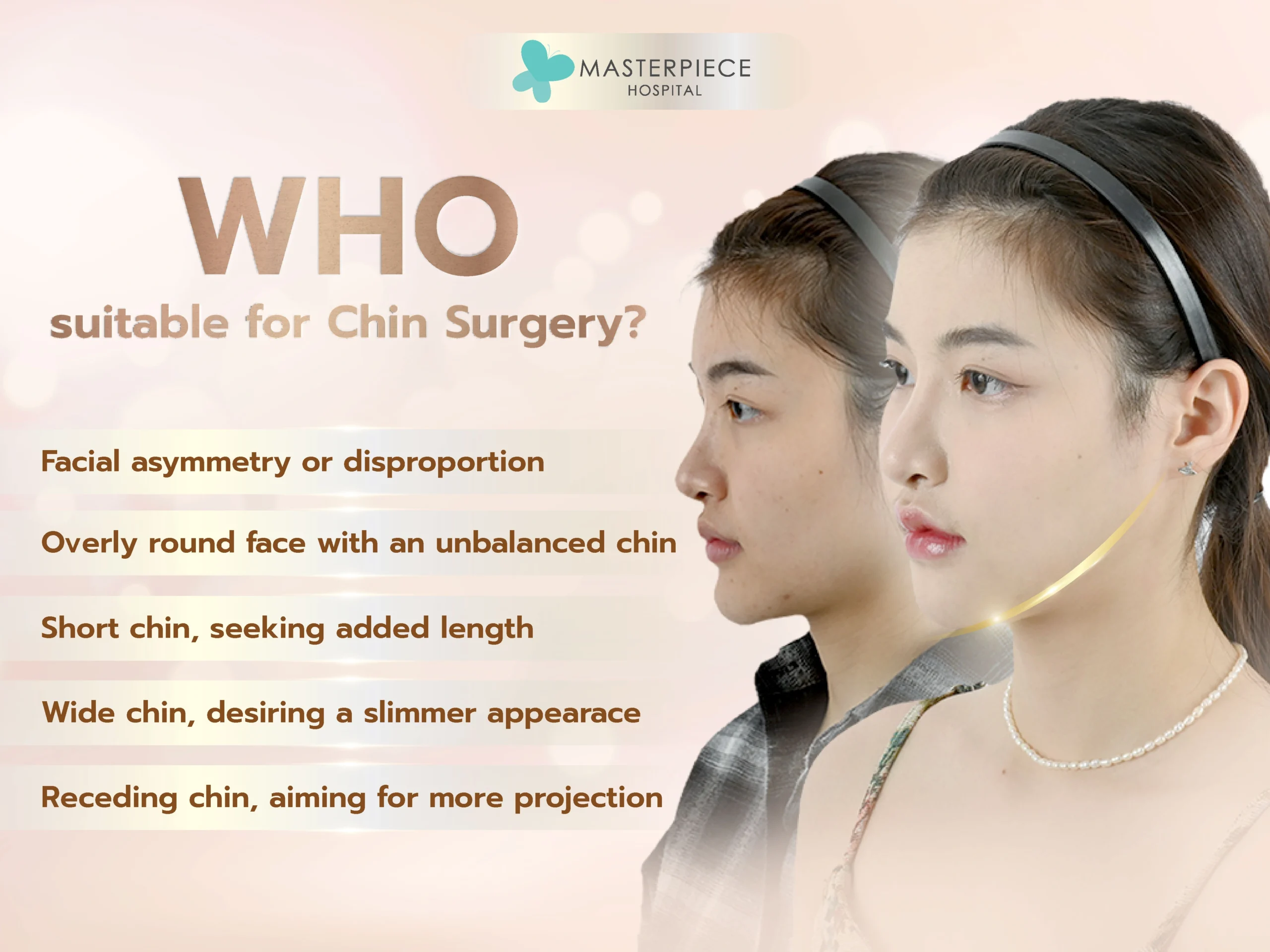
Who is suitable for Chin Surgery?
Many people wonder who is suitable for chin surgery, what kind of issues need to be addressed, and what problems should be corrected with chin enhancement surgery. Let’s take a look:
- Patients with facial proportions that aren’t balanced or have an irregular chin shape.
- Patients with a very round face where the chin does not align with the overall facial structure.
- Patients with a short chin or those who want to elongate and slim their chin.
- Patients with a wide chin want to adjust the proportions to make it narrower or smaller.
- Patients with a recessed chin who want to bring the chin forward to align with the other facial features.
- Patients who want to achieve a slimmer, more youthful, or V-shaped face according to current trends.
- Patients who wish to boost their confidence or enhance their appearance to look better.
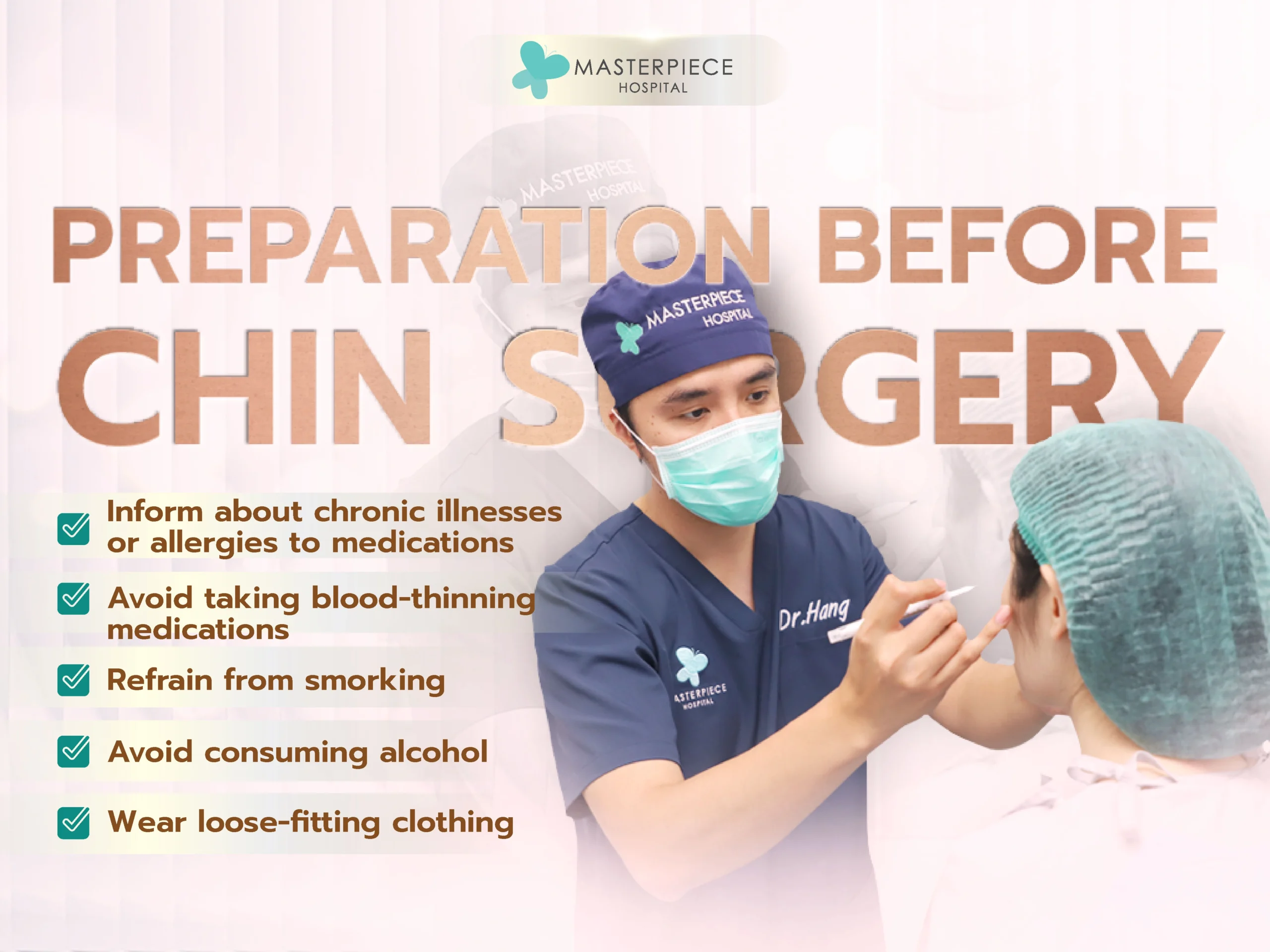
Preparation Before Chin Surgery
Before undergoing chin surgery, the responsible surgeon will provide details and instructions for the patient to prepare for the surgery day. The following guidelines should be followed:
- Inform the doctor about any chronic illnesses or allergies to medications every time.
- Avoid taking blood-thinning medications, herbal supplements, and any dietary supplements at least 1–2 weeks before surgery, as these may increase the risk of excessive bleeding during the procedure.
- Refrain from smoking for at least 1 week, as certain substances in cigarettes can slow down the healing process of the surgical wound.
- Avoid consuming alcohol for at least 1 week, as it may cause fluctuations in blood pressure.
- Wear loose-fitting clothing or button-up shirts to make it easier to put on and take off.
- Fasting is not required for minor surgeries, so there is no need to avoid food and water.
Post-Chin Surgery Care
After chin surgery, the doctor will provide detailed instructions on aftercare and restrictions to ensure optimal healing and results. The following guidelines should be followed:
- Apply a cold compress around the surgical area for the first 3 days after surgery to reduce swelling.
- Sleep with your head elevated or use a neck pillow for at least 1 week to help reduce swelling and prevent pressure on the surgical site.
- Avoid activities that could affect the surgical area, such as exercising.
- Refrain from smoking and drinking alcohol for at least 1 month, as these may slow the healing process and increase the risk of infection.
- Avoid consuming fermented foods, seafood, processed foods, spicy foods, and raw or undercooked foods, as these can cause swelling and increase the risk of infection.
- Keep water away from the face or surgical site, as moisture can increase the risk of infection from dampness.
- Take antibiotics as prescribed by the doctor.
- Follow up with the doctor as scheduled to monitor for any issues or abnormalities.
- If you experience unusual symptoms such as sharp pain or bleeding, contact your doctor immediately.
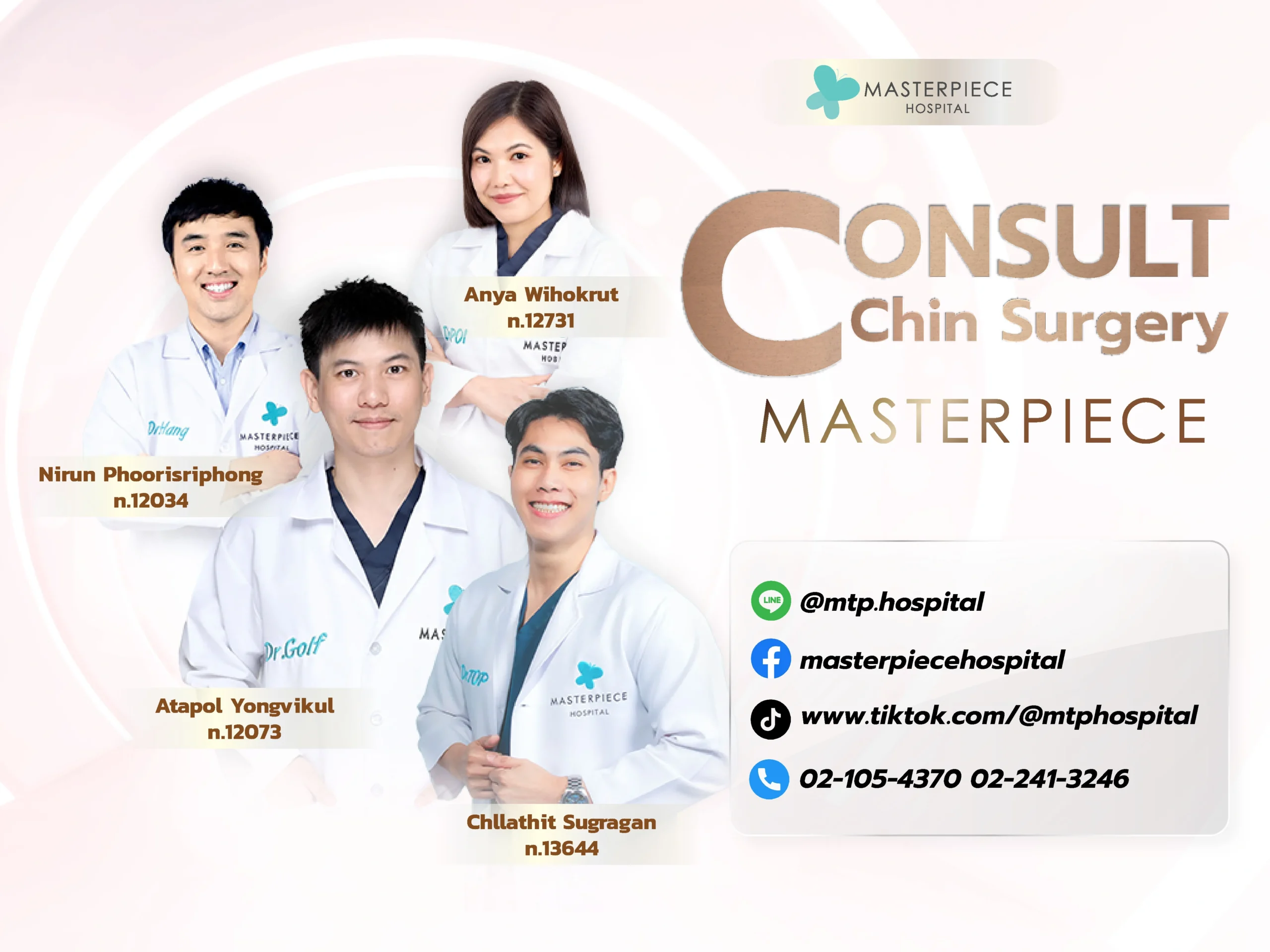
Consultation for Chin Surgery at Masterpiece Hospital
At Masterpiece Hospital, we offer free consultations for patients interested in chin surgery to enhance facial structure and achieve a more defined, symmetrical look. Whether you have issues such as a recessed chin, short chin, square chin, or an overall imbalance in your facial proportions, we provide both surgical and non-surgical options to improve your appearance and boost your confidence.
